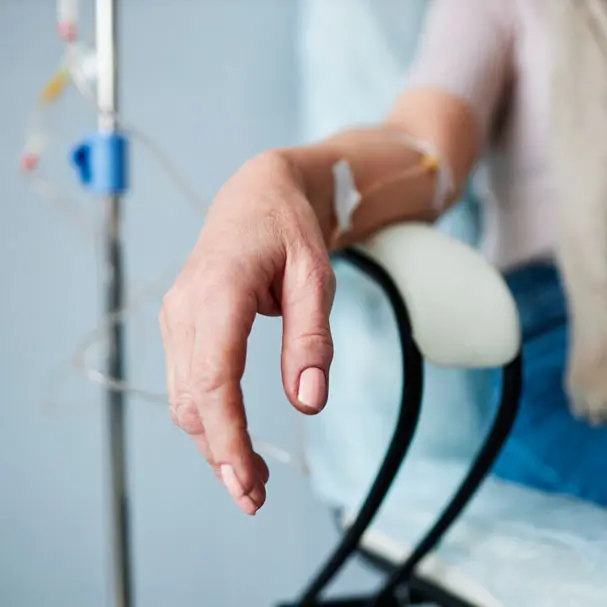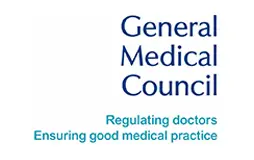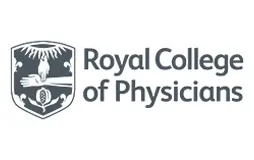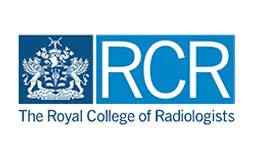At Birmingham Breast Group, our chemotherapy administration team comprises highly qualified and experienced professionals. Each member possesses specialised training in oncology nursing and holds relevant certifications in chemotherapy administration. With a collective wealth of expertise, we ensure the safe and effective delivery of chemotherapy treatments, prioritising your comfort and well-being throughout the process. Our team undergoes regular training to stay abreast of the latest advancements in oncology care, guaranteeing that you receive the highest standard of treatment tailored to your individual needs and circumstances.
Treatments - Oncology
Chemotherapy

Today, chemotherapy represents a safe and efficacious drug treatment that is strategically employed in certain instances of breast cancer management. When administered appropriately, these treatments exhibit remarkable efficacy in mitigating the likelihood of breast cancer recurrence subsequent to surgical intervention. The decision to utilise chemotherapy is often based on various factors such as tumour type, stage, and molecular characteristics, alongside considerations of the patient’s overall health status and preferences. This approach aims to not only combat existing cancer cells but also to prevent the resurgence of the disease, thus enhancing the prospects of long-term remission and improved quality of life for individuals living with a breast cancer diagnosis.
At a Glance
Chemotherapy for Breast Cancer
At Birmingham Breast Group, we prioritise comprehensive care for breast cancer patients, offering a range of advanced treatment modalities tailored to individual needs.
While traditional chemotherapy remains a cornerstone in preventing the recurrence of specific breast cancer subtypes, we also provide targeted therapies, including anti-HER2 therapy, where indicated. Our commitment extends beyond treatment options to encompass robust support services, with partner hospitals equipped with dedicated chemotherapy nursing support and round-the-clock assistance.
Personalised breast cancer chemotherapy
The foundation of our approach lies in personalisation. We recognise that each breast cancer journey is unique, necessitating a nuanced understanding of tumour biology and treatment response. To this end, we leverage cutting-edge genetic testing, including Oncotype DX, Prosigna, and genetic profiling, to gauge the suitability and potential efficacy of various treatment modalities. By harnessing the insights gleaned from these tests, we strive to tailor treatment strategies to maximise therapeutic benefit while minimising adverse effects.
The landscape of breast cancer treatment is continually evolving, with ongoing research driving innovation and refining therapeutic approaches. Our multidisciplinary team of oncologists boasts extensive expertise and international research profiles, ensuring that you receive the most up-to-date and evidence-based care available. Drawing upon this wealth of knowledge and experience, our oncologists collaborate closely with you to craft personalised treatment plans tailored to your specific needs and circumstances.
How does chemotherapy work for breast cancer?
Chemotherapy, often an important part of breast cancer treatment, operates by targeting rapidly dividing cancer cells throughout the body. Administered via various routes, including intravenous infusion, oral medications, or injections, chemotherapy works by interfering with the cell division process, thereby impeding the proliferation of cancerous cells. While traditional chemotherapy may elicit side effects such as nausea, fatigue, and hair loss, advancements in supportive care have enhanced tolerability and mitigated treatment-related discomfort.
In tandem with traditional chemotherapy, targeted therapies represent a paradigm shift in breast cancer management, offering precise interventions that selectively target cancer cells while sparing healthy tissue. Anti-HER2 therapy, for instance, targets cancer cells overexpressing the HER2 protein, effectively blocking their growth and proliferation. By integrating targeted therapies into treatment regimens, we aim to optimise therapeutic efficacy while minimising systemic toxicity, thereby improving treatment outcomes and enhancing quality of life.
At The Birmingham Breast Group, we are committed to empowering patients with knowledge, support, and personalised care throughout their journey with breast cancer. By leveraging the latest advancements in treatment modalities and harnessing a multidisciplinary approach, we strive to achieve the best possible outcomes for each individual we care for.

Frequently Asked Questions About Chemotherapy
Chemotherapy is typically recommended for those with breast cancer of specific types or stages, such as aggressive or advanced tumours, hormone receptor-negative disease, or those with high-risk features like lymph node involvement. Additionally, individuals with HER2-positive breast cancer may benefit from chemotherapy in combination with targeted therapies. Factors like tumour size, grade, and molecular characteristics are considered alongside overall health and treatment goals. Chemotherapy may also be recommended as adjuvant therapy following surgery to reduce the risk of cancer recurrence. The decision is personalised, ensuring that patients receive the most appropriate and effective treatment regimen for their specific circumstances.
Although patients can respond differently to treatment, common side effects of chemotherapy can include: nausea, vomiting, fatigue, hair loss, and increased susceptibility to infections due to decreased white blood cell counts. Patients may also experience appetite changes, mouth sores, and gastrointestinal issues such as diarrhoea or constipation. Chemotherapy can cause temporary infertility and menstrual changes in women. Additionally, patients may encounter neuropathy, characterised by tingling or numbness in the hands and feet. While side effects vary depending on the type and dosage of chemotherapy, supportive care measures and medications can help alleviate discomfort and manage symptoms, improving overall quality of life during treatment.
The duration of chemotherapy treatment varies widely based on factors such as cancer type, stage, and individual response. Typically, chemotherapy is administered in cycles, with each cycle lasting a few weeks. A standard course of chemotherapy may range from a few months to over a year, involving multiple cycles spaced apart to allow the body to recover between treatments. Some patients may receive chemotherapy as a neoadjuvant treatment before surgery to shrink tumours, while others may undergo adjuvant chemotherapy (a form of induction therapy) after surgery to prevent cancer recurrence. The treatment plan is tailored to each patient’s specific needs and treatment goals.
How much does Chemotherapy cost in Birmingham?
As each case is unique, the cost of treatment at BBG may vary depending on individual factors. We tailor our approach to meet your specific needs, ensuring that you receive personalised care and comprehensive support throughout your journey.
Initial consultation
please enquire
All consultations are conducted in strict privacy and all information is confidential.
Surgery costs from
based on consultation
Our personalised treatment plans are meticulously tailored to meet your unique needs and goals.
Related Treatments
Related Concerns
Chemotherapy
Our Specialist Team
Meet the dedicated professionals at Birmingham Breast Group – committed to excellence, compassion, and personalised care for every patient.
KEEPING YOU UP TO DATE
Insights
View insights from our doctors and industry experts on a range of topics, along with tips and advice to keep you safe.
Our Locations
View all locationsAccreditations













